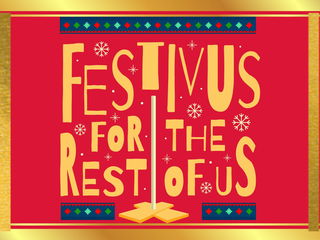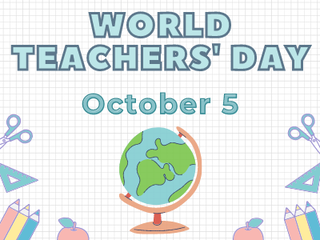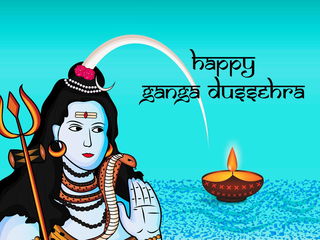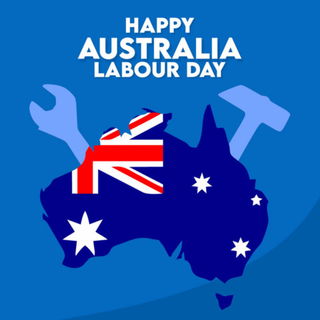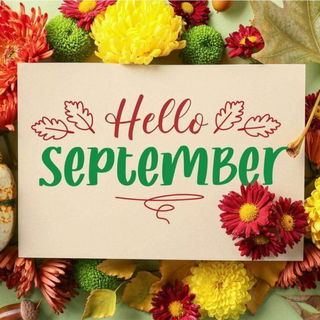- Calendar
- Calendar 2026
- May
- National Sorry Day
National Sorry Day
National Sorry Day also known as the National Day of Healing is an event held on 26th May every year in Australia. This event is to remember the Stolen Generations and work to bring together Indigenous and non-Indigenous Australians.
National Sorry Day acknowledges the long history of the injustices and mistreatment faced by Indigenous people, especially the Stolen Generations. It is a day to reflect, remember and commit to reconcile.
The impact of this day on Australian society and the ongoing journey of healing has proven to be significant. It is not a public holiday in Australia, hence, businesses and schools operate as per their normal working hours.
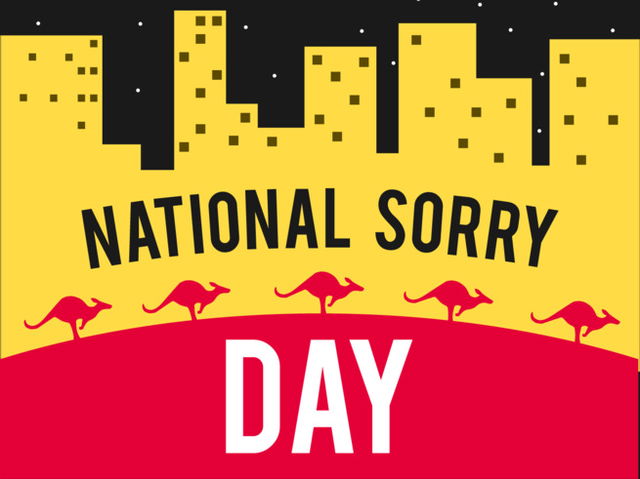
The Stolen Generations
The Stolen Generations are those thousands of Aboriginal and Torres Strait Islander children who were removed from their families and communities by force in Australia between 1910-1970s. This was due to a belief that claimed they would be raised and have better lives in white society. These children were placed in institutions, foster homes or adopted by non-Indigenous families.
Origin of National Sorry Day
The first ever National Sorry Day was observed in 1998 on the first anniversary of the 1997 Bringing Them Home report. The government policies and practices were examined which led to the Stolen Generations and recommended compensation and support to the Indigenous population. “Uncle Bob” Randall performed at the celebration with his daughter Dorothea on the first National Sorry Day.
The Bringing Them Home Report
The Bringing Them Home report was released in 1997, and it was an important investigation into the forced removal of Aboriginal and the Torres Strait Islander children from their families.
It was based on concerns of the Indigenous groups about the lack of public awareness and the support for those who were affected.
Sir Ronald Wilson and Mick Dodson led the inquiry with the support of an advisory council and Indigenous women. Hearings were held throughout the country, and 777 submissions were received including Indigenous groups, individuals, churches, and governments.
Prime Minister John Howard did not issue an apology, as he believed that the claims of genocide against the Indigenous people were not true. However, he passed a Motion of Reconciliation expressing “deep and sincere regret” for the historical mistreatment in 1999.
His cabinet debated that it was not accountable for past government actions and that the allegations might lead to claims of compensation.
However, A formal apology for mistreating the Indigenous Australians was issued by Prime Minister Kevin Rudd in 2008 on behalf of the federal government, marking it the first official apology by a Prime Minister.
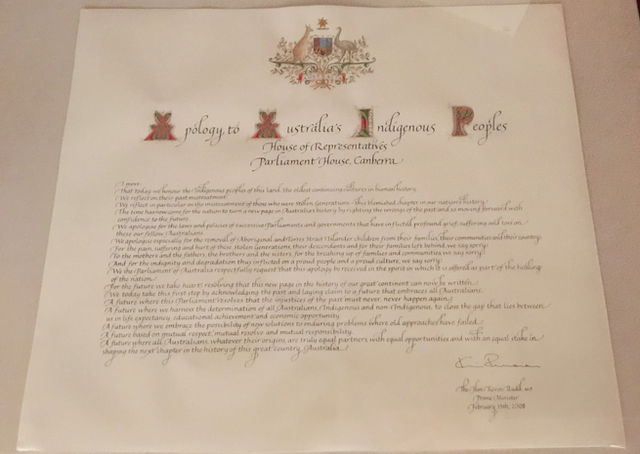
The apology read
I move:
That today we honor the Indigenous peoples of this land, the oldest continuing cultures in human history.
We reflect on their past mistreatment.
We reflect in particular on the mistreatment of those who were Stolen Generations—this blemished chapter in our nation's history.
The time has now come for the nation to turn a new page in Australia's history by righting the wrongs of the past and so moving forward with confidence to the future.
We apologize for the laws and policies of successive Parliaments and governments that have inflicted profound grief, suffering and loss on these our fellow Australians.
We apologize especially for the removal of Aboriginal and Torres Strait Islander children from their families, their communities and their country.
For the pain, suffering, and hurt of these Stolen Generations, their descendants and for their families left behind, we say sorry.
To the mothers and the fathers, the brothers and the sisters, for the breaking up of families and communities, we say sorry.
And for the indignity and degradation thus inflicted on a proud people and a proud culture, we say sorry.
We the Parliament of Australia respectfully request that this apology be received in the spirit in which it is offered as part of the healing of the nation.
For the future we take heart; resolving that this new page in the history of our great continent can now be written.
We today take this first step by recognizing the past and laying claim to a future that embraces all Australians.
A future where this Parliament resolves that the injustices of the past must never, never happen again.
A future where we harness the determination of all Australians, Indigenous and non-Indigenous, to close the gap that lies between us in life expectancy, educational achievement, and economic opportunity.
A future where we embrace the possibility of new solutions to enduring problems where old approaches have failed.
A future based on mutual respect, mutual resolution and mutual responsibility.
A future where all Australians, whatever their origins, are truly equal partners, with equal opportunities and with an equal stake in shaping the next chapter in the history of this great country, Australia.— Kevin Rudd, Prime Minister of Australia, 13 February 2008, at a sitting of the Parliament of Australia
National Sorry Day In Modern Times
The suggestions of the reports haven't been acted upon fully, and protesters claim that Indigenous children are still being removed from their families through child welfare as they are more likely to be in that system.
The number of Indigenous children not living with their families has significantly risen up going from 9070 in 2008 to approximately, 18900 in 2022.
There is no national plan to compensate for what happened, even though some places offer monetary compensation.
According to Professor Bronwyn Carlson, many people from the Stolen Generations passed away without their families receiving any sort of compensation. ABC News also made a statement in 2023 saying that the mistreatment of Indigenous Australians gets much worse around National Sorry Day.
The committee of the National Sorry Day changed the name to National Day of Healing in 2005.
This decision was made by Senator Aden Ridgeway in Parliament and said it would be a healing day for Australia, which is essential for reconciliation.
A special poster to remember the important event was released in 2008. The Bringing Them Home report inspired several acts of reconciliation.
On May 28, 2000, over 250,000 people including Indigenous as well as non-Indigenous Australians walked together across Sydney Harbour Bridge. They wanted the government to apologise to Indigenous people that they stand united and raise awareness. That same day, a plane wrote “sorry” in the sky above the bridge.
The Uluru Statement
The Uluru Statement from the Heart is a petition to the people of Australia which was written and endorsed by the Australian Aboriginal and Torres Strait Islander leaders chosen as delegates to the First Nations National Constitutional Convention.
The petition asks for significant constitutional change and structural reform through the creation of two new institutions. A constitutionally protected First Nations Voice and a Makarrata Commission to supervise the telling of truth and making of agreement between governments and First Nations.
Commemorating National Sorry Day
Many events and activities are held on this day to promote reflection, awareness, and reconciliation.
Communities host ceremonies, cultural events and gatherings to honour the Indigenous and acknowledge how the past injustices affected them.
Schools, universities, and organisations also organise educational programs and discussions to educate people about the culture, history, and the trauma of the Aboriginal and Torres Strait Islander People.
Artists, musicians, and writers use their creativity to convey themes of reconciliation and healing on National Sorry Day, expressing empathy and solidarity.
Local communities participate in meaningful discussions to promote truth-telling, healing, and stronger relationships between Indigenous and non-Indigenous Australians.
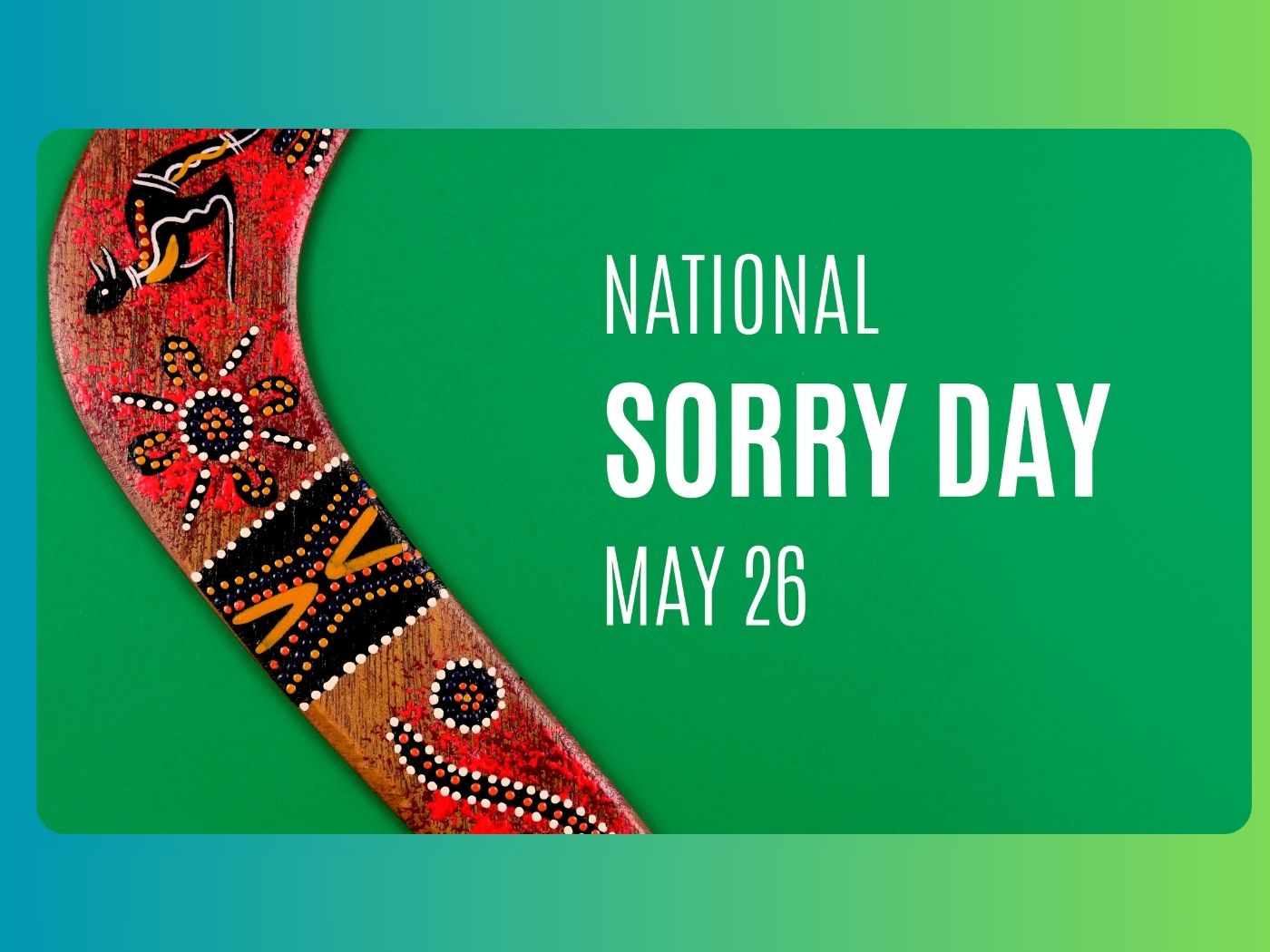
Other Celebrations
-
Jan 31 Fri
-
Mar 01 Sat
-
May 15 Thu
-
May 28 Wed
-
Jun 04 Wed
-
Mar 06 Fri

National Sorry Day - Next years
Wednesday, 26 May 2027
Friday, 26 May 2028
Saturday, 26 May 2029



